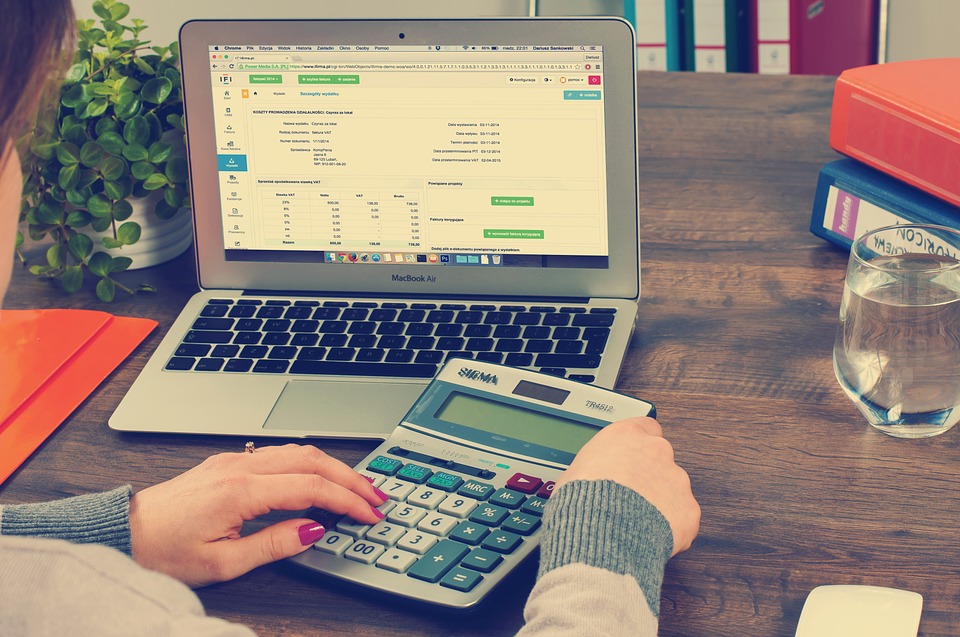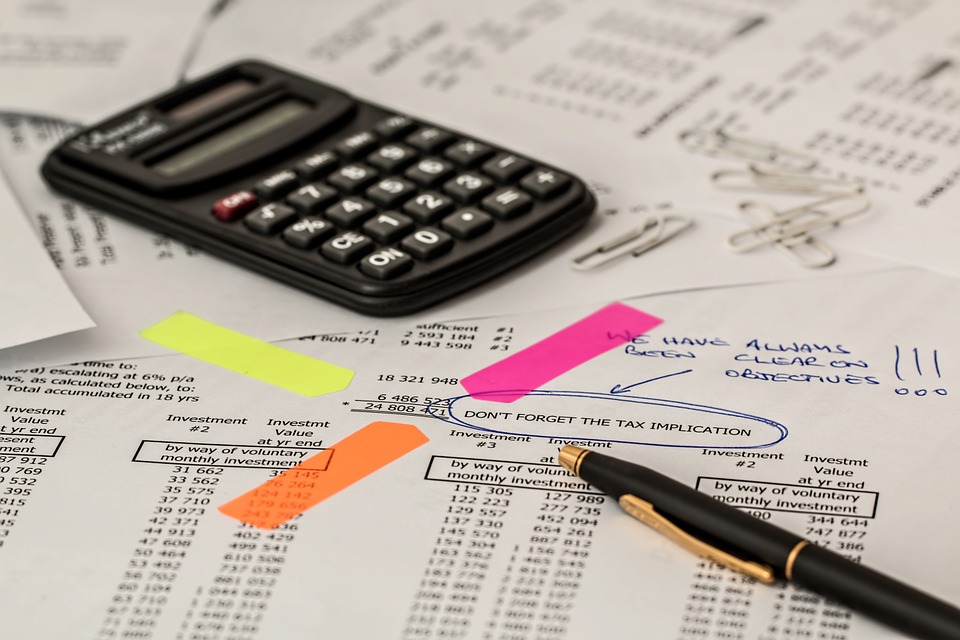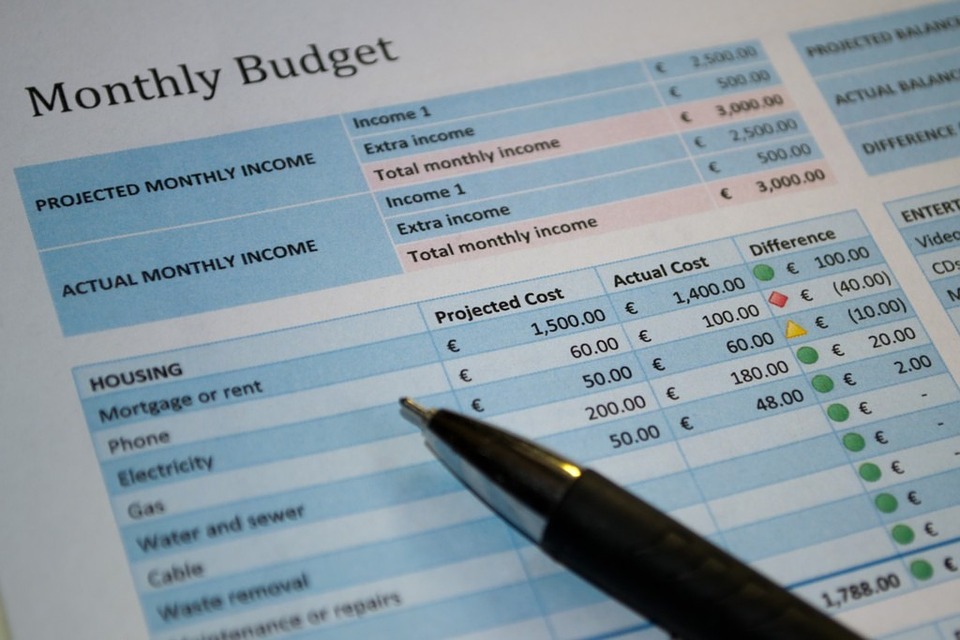Small Business Accounting: 8 Steps to Successful Start

Any company regardless of the type of business ownership is unthinkable without accounting. It is not a heavy duty to the IRS, but the very foundation of a successful operation of a business, its stability and prosperity. Many of business people who are not directly engaged in bookkeeping have a vague understanding of this area of activity.
Although you are a new business owner, most probably not an accountant by training, still you need to know that as the owner, you are in charge of getting your business books in order. It doesn't matter whether you do it yourself, choose to outsource the whole bookkeeping process or hire a professional.
You probably know that accounting is a language of business. You don't need to be fluent in this language to understand its basics.
What is accounting for a business?
In very general terms, accounting is a documentation of all economic operations through records management. This activity has three main areas:
-
Bookkeeping process. Management of financial statements in accordance with established procedure.
-
Tax records. Document of business deals with a view to building tax base and calculation, reporting to fiscal bodies.
-
Management accounting. Analysis of recorded data enables the entrepreneur to evaluate the effectiveness of his activity, to make sound economic decisions, to plan and optimize work processes, to monitor progress made and results achieved.
As can be seen, accounting is not an empty word, but a necessary tool for a successful businessman.
Small business accounting: steps to a successful start
A smart entrepreneur understands that without accounting he is like a modern car owner without a GPS navigator - the road is visible near, but there is no indication of the future.
Accounting includes economic transactions, that's why it:
- Clearly demonstrates the results of the company activity to date.
- Gives confidence in the future, preventing from going bankrupt.
- Helps in timely submitting reports to the public authorities.
- Monitors all available resources: labour, material and financial.
- It is a basis for proper planning of the company activity.

#1. Best accounting method for small business
The first thing you need to figure out is your business accounting method. There are two methods: cash and accrual. The primary difference lies in the recognition of economic events by a company.
In accrual accounting method it matters when money is earned and you record transactions regardless of the fact that your customer hasn't paid yet. The business must use this method in the case when:
- there are sales of more than $5 million a year;
- there are gross receipts of an inventory of items of $1 million a year;
- publicly held corporations.
In cash method, you record transactions as they occur when cash changes hands. It is the best and the simplest method for starting small business with.
#2. Know what kind of records to keep
You should know what type of records to keep.
-
Legal documents. Business licenses and permits, sales tax licenses, DBA certificates and any other documents that have legal significance for company's activity should be stored separately and be kept accurate and current. You need to know exactly where one or another document is, both online and offline.
-
Supporting financial documents. The source documents are of a great value for a business because all accounting operations are based on them. Supporting financial documents include all contracts with counterparts, invoices, receipts, payrolls, cash register tapes and a number of other documents related to the finance area.
#3. What and how to record
Everything that has reference to money and that explains your sales transactions should be recorded properly. Keeping day by day records of both incoming and outgoing payments is important because this is how you'll have a complete picture of the movement of funds of your business. It must be clear when cash comes in or out, who owes who and in which amount. Know your liabilities: taxes, operating and overhead expenses, employee paychecks. Record the amount of cash that comes in in the form of payments for the number of physical products and services you sell and when. Otherwise, how do you know your business is profitable?
#4. Document management
You'll receive a lot of documents for different purposes once you've got your license and opened a bank account online or offline. This is just the beginning - the number of documents is likely to grow from now on.
The thing is that a small business owner can hold documents everywhere: in a car (in a glove box, at best, or in a trunk, under the seat), in the notes, in the kitchen near the cookbook… and in a million places else. Treat your small business as a big one.
A well-organized process of slotted documents in large firms ensures high efficiency of a record-keeping system, reduces the number of mistakes and increases responsibility for a document creation. You must do the same. Keep your books up to date and orderly. Know exactly where your business documents are located, what kind of templates do you need and how to use them.
#5. Separate business checking account
A common mistake of a start-up is the absence of clear boundaries between personal and business bank accounts as well as credit cards. The reasons to split out accounts:
- First of all, you will be fully aware of your business expenses (car, cell phone, home office expenses and others).
- You’ll save a lot of time to file your taxes.
- Separation of business and personal finances gives your business professional looking.
Ask about the business checking accounts the bank where you keep your personal savings accounts has available. Understand the services you need. Are you going to accept credit card payments? - Ask for merchant account services. Is bank’s customer support service good? What are fee structures and minimum balances? Finally, open the business checking account under your business’ name.
#6. Balance sheet

The only way to evaluate a business’ financial health is to calculate a balance sheet. It paints the picture of what you own (assets), how much you owe (liabilities) and what your business values (equity). Your company, for example, has $5 million in assets and $2 million liabilities. Assume that you sell all your assets for cash and pay off your liabilities ($5,000,000 - $2,000,000). Your company’s equity is the money that remains - $3 million.
#7. Choose small business accounting software
Every small business accounting starts the same way: it is derived from a single sheet of paper saying who owes who. In consequence records become more complicated. It is necessary even to use the backside of the sheet, then another one. The recording system gets its own rules caused by a pressing necessity for improving business like "I don't make more than $5 on this things, that's why I record them in the third column". The inventory, customer base and the number of employees grow and by reaching the limits of the manual method of handling the books a businessman thinks about the automation of this process.
The thing is that every small business owner has such business processes and accounting arrangements which represent a set of his own informal rules, and therefore can not be generalized. There is no one-size-fits-all best accounting software for small business. Make a list of accounting features (inventory management, merchant account support, business tax reporting and others) you need to narrow down accounting software choices. Use the online accounting software which is built specifically for small businesses. To understand how the things work you can start with free accounting software like Wave, TurboCash or cloud-based ZipBooks.
#8. Get professional accounting support
When you start a small business online or offline you are multitasking: you are your own boss, your own marketer, your own financial manager, logistics manager and accountant. Everything changes with the growth of your business. A professional accountant will help to handle growth transitions, set up a company structure that best suits your business model, give recommendations and more.
The word "accounting" and "accuracy" are strongly related as inseparable synonyms in our mind. Any business is created for profit. And for building up understanding of the company's income it is necessary to have a bookkeeping system.



